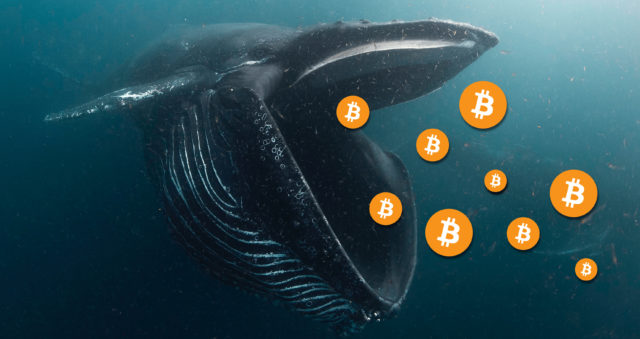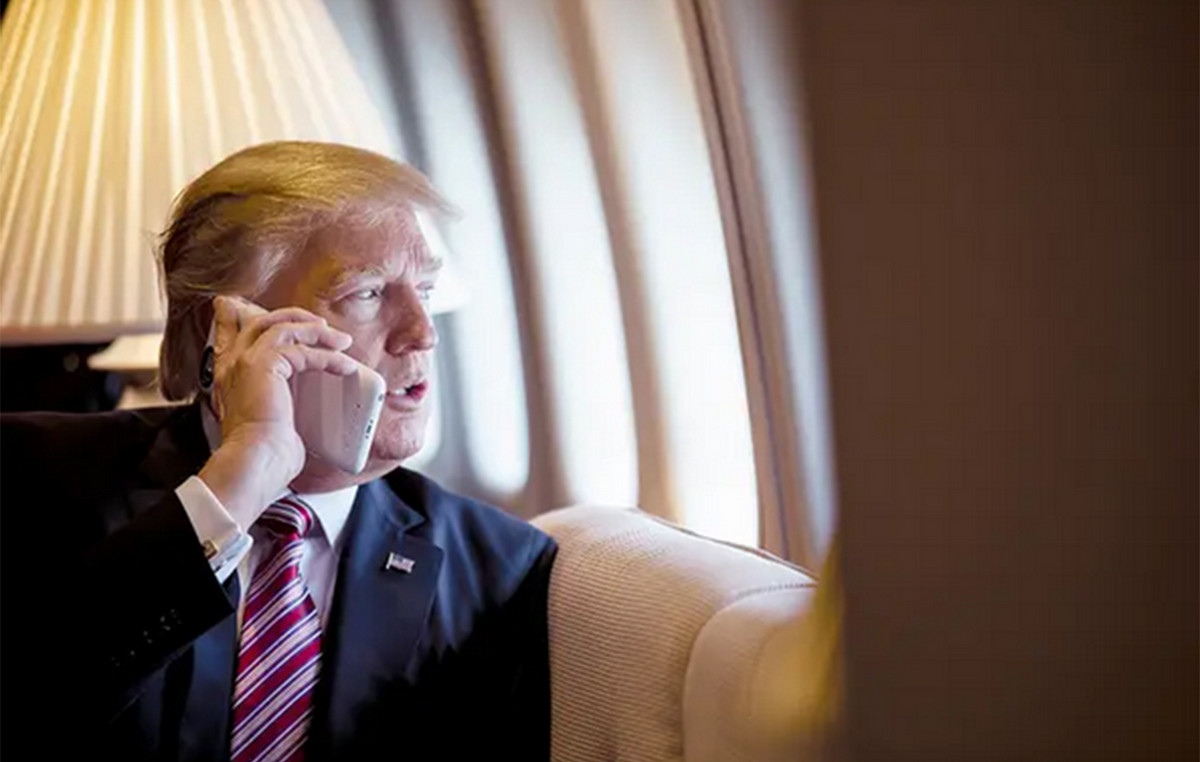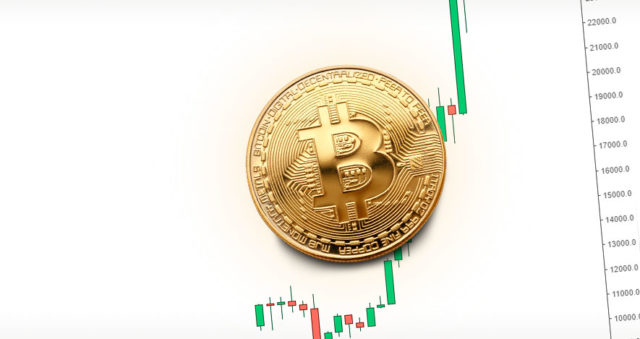Binance Founder and CEO Changpeng Zhao is once again in the global spotlight, this time as the cryptocurrency’s self-appointed white knight as the industry is embroiled in crisis.
The Canadian billionaire made headlines this week for offering to help entrepreneurs facing a cash crunch in efforts to help “rebuild” the industry.
Zhao, who goes by his initials “CZ”, made his proposal just days after rescinding an offer to help rescue one of the biggest companies in the industry, FTX. The company went bankrupt two days later.
Zhao announced on Monday that, to mitigate any further damage from the FTX collapse, his team would establish “an industry recovery fund, to help projects that are strong but in a liquidity crunch.”
Binance, the world’s largest cryptocurrency exchange, would welcome other players in the industry who would like to participate as cash investors, he said on Twitter.
“Cryptocurrency is not going away. We are still here,” added Zhao. “Let’s rebuild”.
humble beginnings
Zhao launched Binance in July 2017 in China, gradually transforming it into the largest cryptocurrency exchange in the world.
In September of that year, according to a company blog, most of its employees left the country after the Chinese government issued a memorandum banning cryptocurrency exchanges. Zhao said it was “before Binance could be properly established” or incorporated in the country.
Four years later, in September 2021, Chinese authorities declared all cryptocurrency-related commercial activities illegal and promised to crack down on illicit activities involving digital currencies.
According to company blog posts, Zhao was born in China, lived in the central province of Anhui, and at age 12 emigrated to Canada with his mother in 1989. He described waiting three days outside the Canadian embassy for a visa. , switching shifts with her family at night to keep her place in line.
Zhao spent his teenage years in Vancouver and previously worked at McDonald’s to help support his family.
After studying computer science at McGill University, he worked on trading software for the Tokyo Stock Exchange and Bloomberg.
“He then learned about bitcoin in 2013 during a poker game, after which he decided to go all-in on cryptocurrencies, dedicating his life to it,” according to Binance. “He even sold his apartment to buy bitcoin.”
The road to success was not an easy one.
Like other exchanges, Binance has faced significant regulatory hurdles around the world in recent years, including a ban in the UK and other restrictions in countries such as Canada.
The company is also on an investor alert list in Singapore, where the central bank has warned that it is not licensed or regulated locally.
Last week, Zhao addressed speculation about the company’s status in the city, writing on Twitter that Binance “has not been banned, it’s just unlicensed yet.” Zhao spoke about some of the company’s challenges, saying that as a Chinese-born business leader, he faced undue suspicion.
“The inference is that because we have ethnically Chinese employees, and perhaps because I am ethnically Chinese, we are secretly in the pocket of the Chinese government. We are an easy target for special interests, media and even policymakers who hate our industry,” he wrote in a recent blog post.
“I am a Canadian citizen, period.”
As of September, Binance had subsidiaries in countries including Spain, Italy, France, Bahrain and the United Arab Emirates, Zhao added.
Zhao came to public attention earlier this year when he became one of the richest people in the world.
In January, his estimated net worth reached at least $96 billion, putting him in the ranks of leaders like Oracle founder Larry Ellison and surpassing that of Mukesh Ambani, the Indian tycoon.
Since then, his projected fortune has dropped to $16.9 billion as cryptocurrency prices have plummeted, according to calculations by the Bloomberg Billionaires Index.
A Binance spokesperson previously told CNN Business that “CZ intends to give away most of his wealth, up to 99% of his wealth, just like other entrepreneurs and founders.”
a turbulent week
Zhao is under pressure to become one of the last titans amid the worst turmoil in the industry.
The industry is currently in the midst of the so-called “crypto winter”, which was triggered by the collapse of TerraUSD, an algorithmic stablecoin, which is a type of cryptocurrency that is supposed to be pegged to the US dollar.
In May, TerraUSD lost its peg to the US Dollar, which led to the collapse of its sister token and ended up creating a huge global liquidity crisis in the cryptocurrency industry.
Last week, he offered a lifeline to Sam Bankman-Fried, a 30-year-old rival who led FTX, one of the top companies in the industry.
The head of Binance said his company was called in to help as FTX faced liquidity issues. In response, Binance announced that it would buy its smaller rival.
But in a dizzying turn of events, Binance almost immediately dropped out, saying that after reviewing FTX’s financials, it concluded that the company’s problems were “beyond our control or ability to help.”
The deal quickly fell apart, paving the way for FTX’s bankruptcy filing and Bankman-Fried’s resignation.
The news marked a stunning fall for one of the industry’s most revered entrepreneurs, heralded as the cryptocurrency’s savior after working to keep several industry players afloat in a series of similar deals this year.
Since the aborted buyout, Zhao has been vocal about the industry’s remaining challenges.
Speaking in Indonesia on Friday, he urged regulators to look beyond anti-money laundering rules and know your customer, to focus on the operations, business models and bookings of exchanges like FTX.
He said that comparing the current cryptocurrency chaos to the 2008 global financial crisis was “probably an accurate analogy”.
“It is devastating for the industry. A lot of consumer confidence is shaken,” added Zhao. “We are a few years behind.”
In separate remarks in Indonesia on Monday, Zhao reinforced his call for greater regulation.
There is “too much risk,” he said. “We saw last week that things went crazy in the industry, so we need some regulations, we need to get this right.”
*Matt Egan of CNN contributed to this report.
Source: CNN Brasil
A journalist with over 7 years of experience in the news industry, currently working at World Stock Market as an author for the Entertainment section and also contributing to the Economics or finance section on a part-time basis. Has a passion for Entertainment and fashion topics, and has put in a lot of research and effort to provide accurate information to readers.







